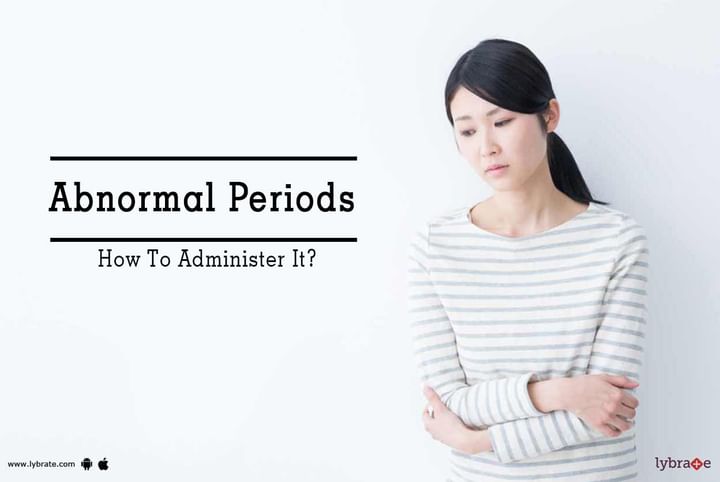Abnormal Periods - How To Administer It?
Missing out on your periods or irregular periods once in a while is common. However, the problem arises when irregular periods become every month’s story. The irregularity can be an amalgamation of a host of factors. Ignoring the same for long will only complicate things further. For women of reproductive age, the problem can give rise to deleterious consequences, including difficulties in conceiving. In this article, we will discuss some of the common triggers that result in irregular periods and when to seek medical help.
What causes Irregular Periods?
The hormonal balance plays a significant role in the proper functioning of the vital organs of the body. More than often, irregular periods are found to be a manifestation of hormonal imbalance. Some of the conditions that trigger the hormonal imbalance include
-
PCOS is a common medical condition that affects women of reproductive age. PCOS is characterized by the formation of cysts in the ovary (one or both) that affects the ovulation process. In PCOS, there is an increased production of Androgen, especially Testosterone that can cause irregular periods, hair fall, facial hair, weight gain etc.
-
Time and again doctors and health professionals emphasize the importance of leading a stress-free life. Research suggests stress and anxiety often interfere with the functioning of the Hypothalamus. As a result, the pituitary glands that control and regulate the activities of the ovaries, adrenal glands, and thyroid glands may be affected. These can also trigger a hormonal imbalance giving rise to menstrual problems such as Irregular periods. In the case of extreme stress, there may be a short-term cessation of periods (Secondary Amenorrhea).
-
The hormonal imbalance and irregular periods can also be an outcome of other medical conditions such as endometriosis, cancer affecting the reproductive organs, fibroids, obesity, diabetes, hyperprolactinemia (characterized by an elevated level of prolactin) or even thyroid disorders.
-
Women who indulge in strict dieting can also suffer from irregular periods. Strict dieting (especially the ones that are without proper nutritional guidance) can rob the body of the essential nutrients disrupting the hormonal balance.
-
Irregular periods are normal in women who are nearing their menopause.
When to seek medical assistance?
Irregular periods can be indicative of a severe health problem. Consult a gynaecologist
-
If your regular cycles get delayed by more than 7 days.
-
There is spotting or bleeding in between the periods.
-
Your periods last for more than ten days or less than two days.
-
There is excruciating pain during periods.
-
The gap between two successive menstrual cycles is more than 35 days or less than 21 days.
-
Your periods are heavy and unmanageable, affecting your daily routine.



+1.svg)
